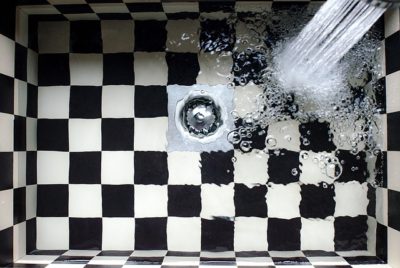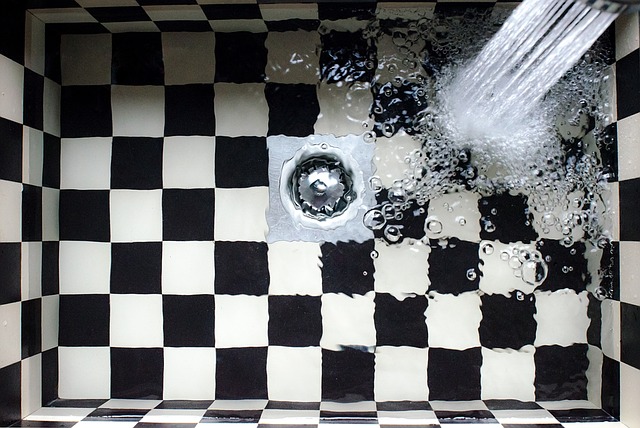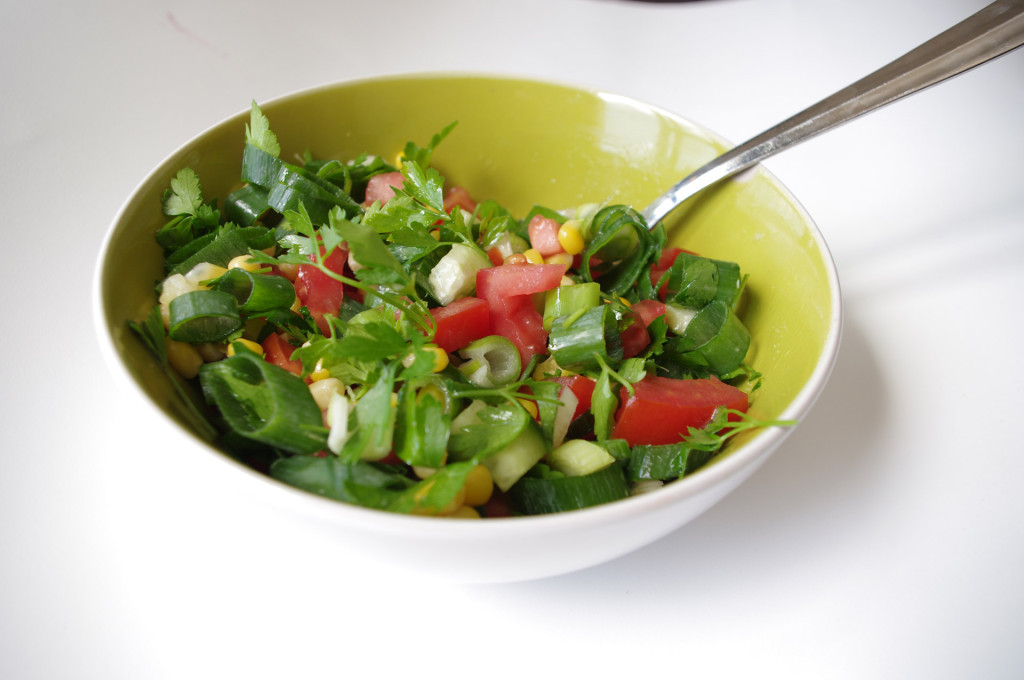Kitchen Sink Salad


Well, okay… Everything but the kitchen sink.
In the run-up before Pesach, or any time you might have little bits of food left over that you don’t want to throw out, turn them into a salad. (This also works for those times (like erev Pesach) when you can’t cook/prepare a whole meal but have the basic ingredients available.)
My basic salad starts off with cucumbers and peppers, which I generally make sure to have on hand, and then I incorporate other veggies I have in the fridge. Today that will be no longer frozen green beans, diced beets, some red onion (maybe I will put the rest in soil since it started sprouting), mushrooms, raw cabbage, homemade sauerkraut, walnuts, sunflower seeds, and pumpkin seeds.
I also have cooked kasha and rice and lentils that I need to finish up, so some of that may go in as well.
Sometimes I add a fruit, if it will go with the rest of the ingredients. Usually that will be an apple; if I have a very ripe pear that might find its way in also.

Fresh and/or dried herbs add extra flavor and health benefits to salads, but since most of mine have already been put away for Pesach, I will skip them.
Cheese, canned tuna, canned salmon, hard eggs, or chicken (without cheese of course ?), are good additions to the salad in order to turn it into a more complete meal.
If you have some bread you want to use up and your stove or oven has not been kashered for Pesach yet, you can make croutons for the salad. Dice the bread, cover the pieces in a mixture of olive oil and herbs/spices, lay them on a baking tray or put them in a frying pan and heat them up.
Have some techina? Throw it on top with olive oil for a healthy dressing.
What do you have to use up that you can throw into a salad? Creativity welcome – as long as it’s not the kitchen sink!
Related articles:
Easy ways to boost your salad’s nutritional value
Choosing healthy fats and oils: what you need to know